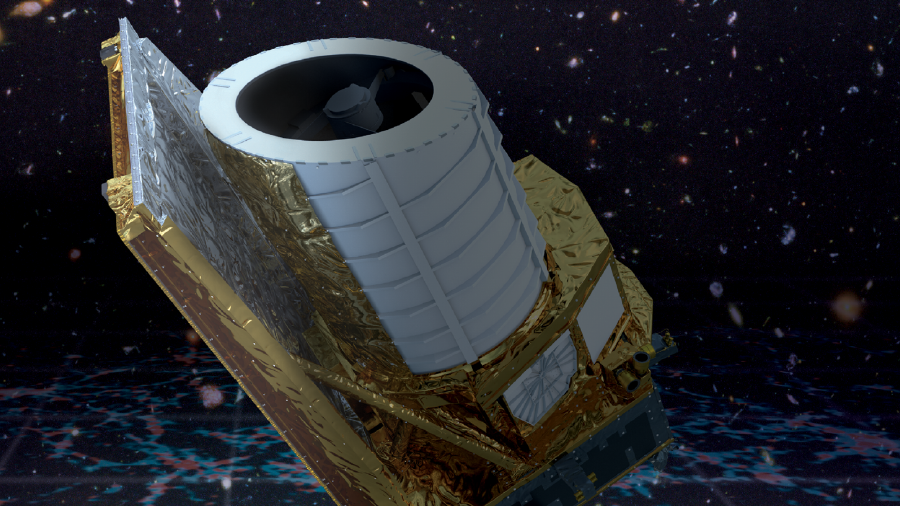News
Search results
Showing matches with:
'Vortion', a new magnetic state able to mimic neuronal synapses
03 03 2025
Researchers from the Department of Physics have managed to experimentally develop a new magnetic state: a magneto-ionic vortex or “vortion”. The research, published in Nature Communications, allows for an unprecedented level of control of magnetic properties at the nanoscale and at room temperature, and opens new horizons for the development of advanced magnetic devices.
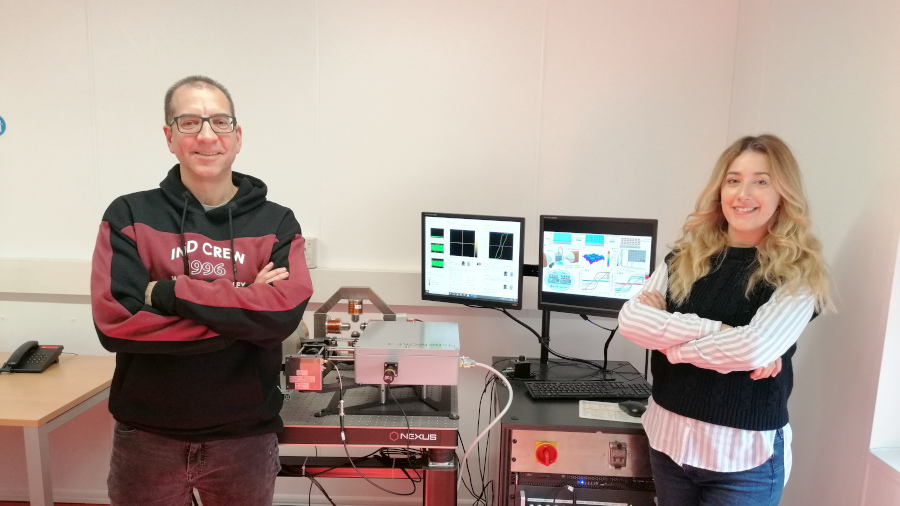
The UAB to coordinate a project focused on excellence in advanced materials, energy and sustainability
21 02 2025
The Universitat Autònoma de Barcelona has secured funding from the European Union to lead the Marie Sklodowska Curie COFUND PHYNEST initiative, a project of scientific excellence under the Horizon Europe programme. This funding will support the recruitment of 25 PhD students, fostering leaders in advanced materials and interdisciplinary solutions for environmental sustainability. Coordinated by the Department of Physics and led by Dr. Eva Pellicer, the project brings together various UAB departments and institutes, research centres, tech companies, and associated international partners.
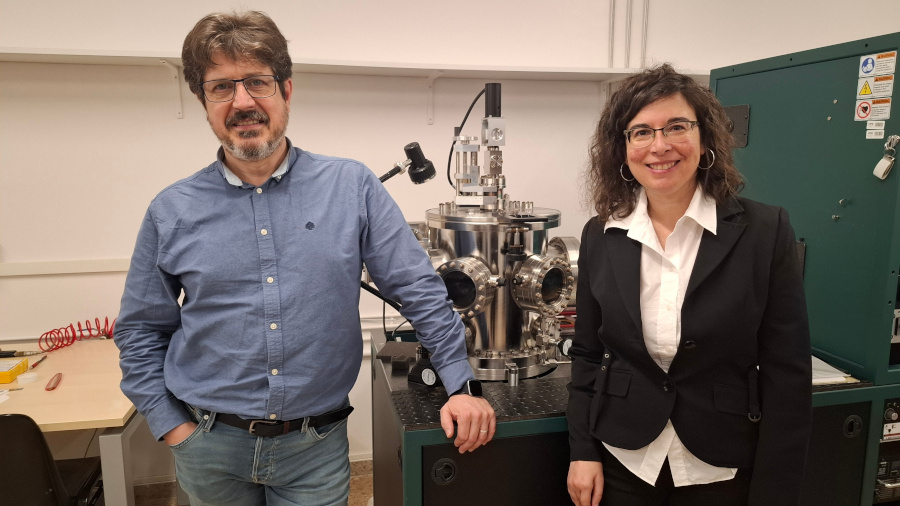
IFAE joins global LIGO collaboration to advance gravitational wave research
02 12 2024
IFAE has joined the LIGO Scientific Collaboration, strengthening its contributions to international gravitational wave research using terrestrial interferometry. This milestone further establishes IFAE as a key player in global efforts to push the boundaries of our understanding of the cosmos.
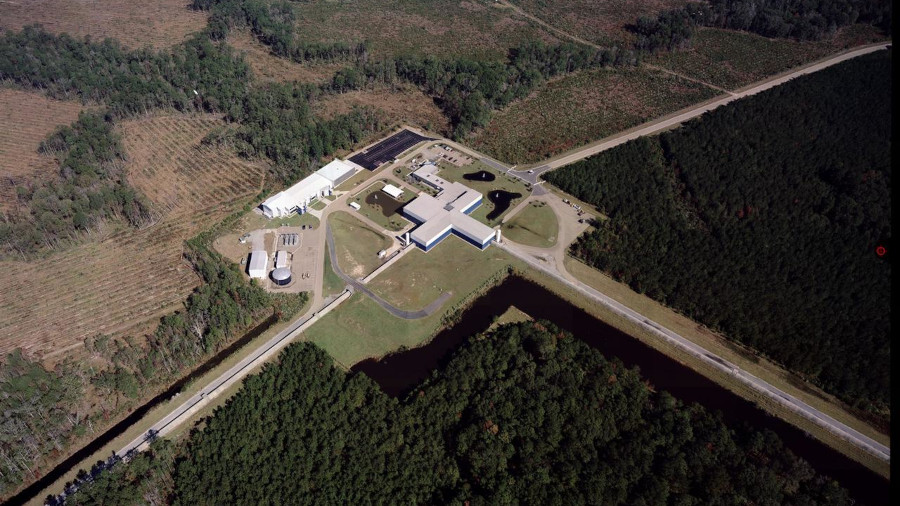
Two UAB Sphere researchers awarded ERC Synergy Grants
06 11 2024
Diego Blas, ICREA researcher at the IFAE, and Kostas Kostarelos, ICREA research professor and Severo Ochoa distinguished professor at the ICN2, have been awarded European Research Council (ERC) Synergy Grants for the development of research projects under the EU’s Horizon Europe programme.
Temperature at Roque de los Muchachos rose in 20 years twice as much as predicted by climate models
31 10 2024
The meteorological data recorded over the past two decades by sensors of the Roque de los Muchachos astronomical observatory facilities point to a rise of 1.1 ºC in the average temperature. The analysis, led by UAB researchers, shows more than double the increase predicted by climate models for the same area, and even more than expected for the next 20 years.
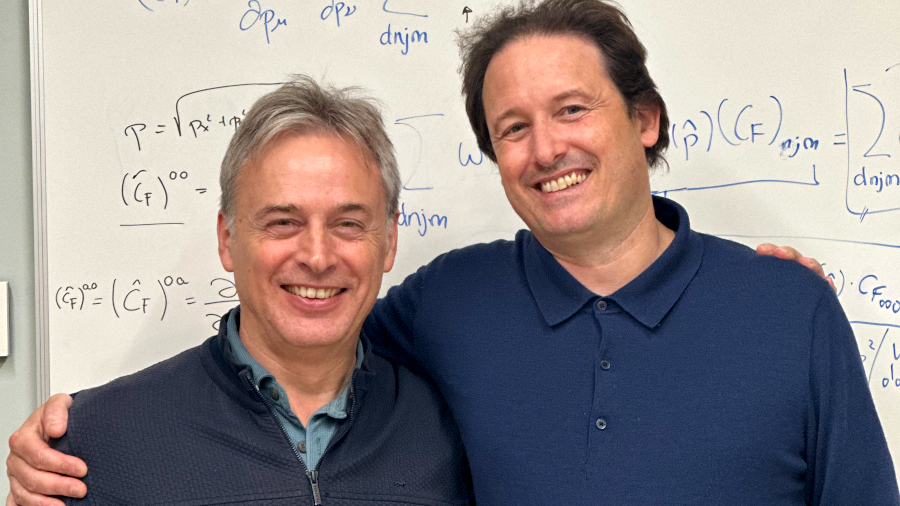
Martí Perarnau Llobet receives Young Researcher Award in theoretical physics
03 10 2024
Department of Physics researcher Martí Perarnau Llobet received the Spanish Royal Physics Society-BBVA Foundation Award in the category of Young Researcher in Theoretical Physics. Perarnau recently began to work as a Ramón y Cajal researcher at the UAB Quantum Information Group.
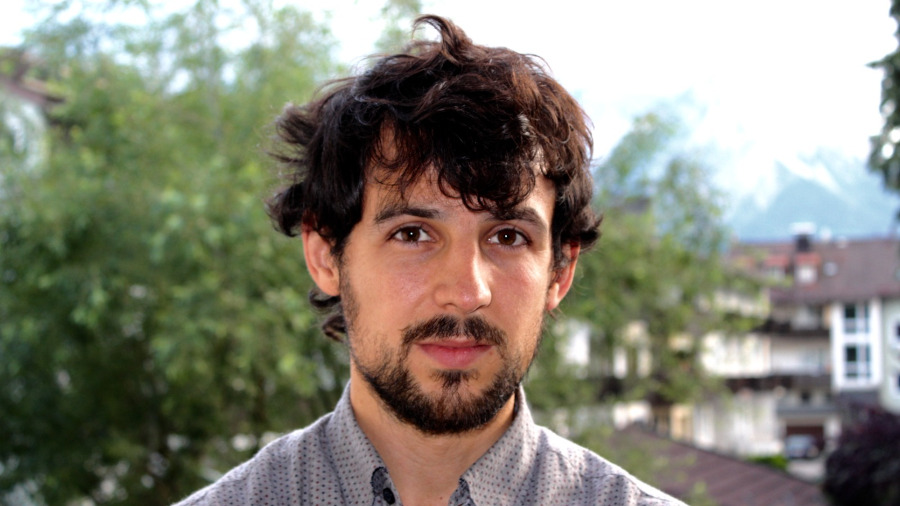
Improved predictions of methane gas emissions in tidal wetlands
05 09 2024
An International study led by UAB researcher Ariane Arias-Ortiz, and published in Global Change Biology, has analysed methane gas fluxes in over a hundred tidal wetlands and marshes in the USA. The analysis has identified key environmental factors affecting methane emissions and has allowed a larger set of standardised data on greenhouse gas emissions in those ecosystems to be produced. These data can be used to account for greenhouse gases with greater precision and improve climate models.
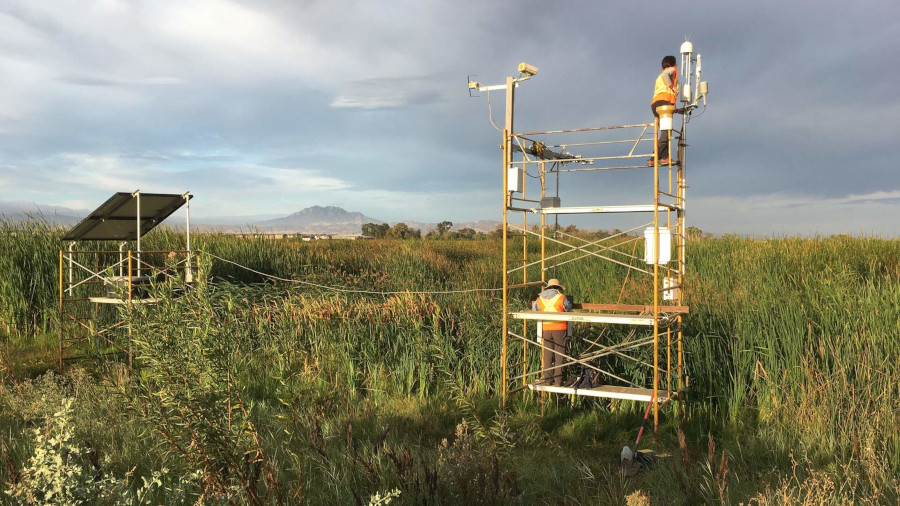
First wireless device to make magnetism appear in non-magnetic materials
30 10 2023
Researchers from the UAB and ICMAB have managed to take wireless technology to the fundamental level of magnetic devices. The appearance and control of magnetic properties in layers of cobalt nitride (initially non-magnetic) by means of voltage, without connecting the sample to electrical wiring, published in Nature Communications, represents a paradigm shift that can facilitate the creation of magnetic nanorobots for the biomedicine and computer systems where basic information management processes do not require wiring.
First nanoscale direct observation of how glass transforms into liquid at increasing temperature
13 07 2023
Researchers from the UAB and the ICN2 have developed a methodology that makes it possible for the first time to observe under the microscope, in real time, what happens when glass is heated and changes to a supercooled liquid phase, known as the "glass transition". The research, published in Nature Physics, is of great importance for the cryopreservation of proteins, cells and living tissues, for the manufacture of drugs and electronic devices, and for tissue engineering, where this glass-to-liquid transition plays a key role.
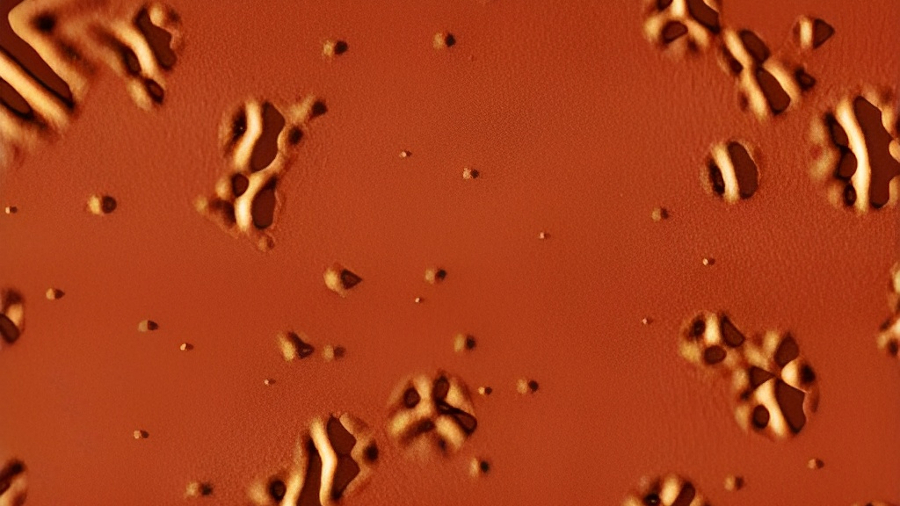
The Euclid telescope takes off to explore the dark universe
05 07 2023
The European Space Agency (ESA), in collaborarion with the Institute for High Energy Physics (IFAE), the Institute of Space Sciences (ICE-CSIC), and the Scientific Information Port (PIC), all located on the UAB campus, has launched the Euclid telescope into space. The Euclid mission will provide information on dark energy and dark matter.
